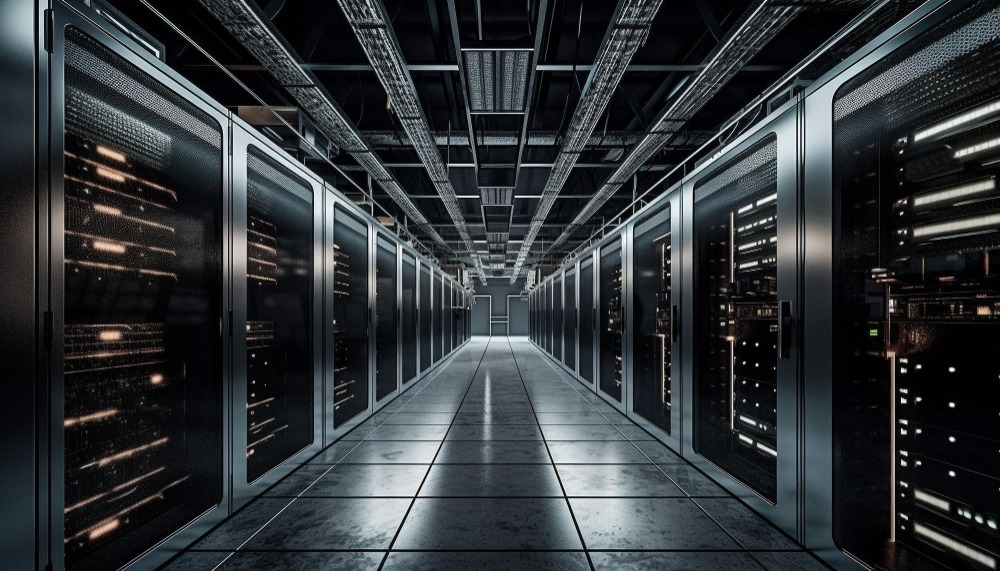In the evolving world of IT infrastructure, businesses are constantly seeking the right balance between performance, security, and scalability. One option that stands out, especially for high-demand environments, is the bare metal server. But what exactly is a bare metal server, and why are organizations turning to it?
What Is a Bare Metal Server?
A bare metal server is a physical, single-tenant server dedicated entirely to one user or organization. Unlike virtualized servers that share computing resources with multiple tenants, bare metal servers offer direct access to the hardware. This means no hypervisors, no virtualization layers just raw, dedicated computing power.

Key Benefits of Bare Metal Servers
- Superior Performance
Since there are no virtualization layers, applications run directly on the server hardware. This results in low latency, high-speed processing, and greater consistency essential for performance-critical applications.
- Enhanced Security and Privacy
With no other tenants on the same machine, the risk of data leakage or security breaches is significantly reduced. Bare metal servers offer physical isolation, which is a crucial requirement for regulated industries like finance and healthcare.
- Customization and Control
Users have full control over the server, including operating system selection, hardware configurations, and software stack. This level of customization is ideal for specialized applications.
- Predictable Performance
Because resources are not shared, performance remains consistent regardless of workloads on neighboring systems. This makes capacity planning and scaling much easier.
- Scalability
Although bare metal servers are not as instantly scalable as cloud services, they can be integrated into hybrid models where high-performance workloads run on bare metal and less critical processes are handled in the cloud.
Common Use Cases for Bare Metal Servers
- High-Performance Computing (HPC)
Industries like aerospace, pharmaceuticals, and data science rely on HPC to perform complex calculations. Bare metal servers provide the computing muscle needed for simulations, modeling, and analytics.
- Financial Services
Low latency and high throughput are essential for financial transactions, real-time analytics, and fraud detection systems. Bare metal infrastructure ensures these operations run efficiently and securely.
- Web Hosting & E-commerce
Websites with heavy traffic and e-commerce platforms benefit from the speed and reliability of bare metal, ensuring a smooth customer experience even during peak usage.
- AI and Machine Learning
Training ML models requires immense computational power and memory. Bare metal servers can handle these tasks with higher efficiency and cost-effectiveness compared to some cloud-based GPU instances.
- Gaming Servers
For multiplayer online games, latency and uptime are critical. Bare metal servers provide the performance and stability needed to deliver a seamless gaming experience.
Final Thoughts
Bare metal servers are an excellent choice for businesses that require uncompromised performance, security, and control. Whether you are running financial simulations, hosting a popular e-commerce site, or training complex AI models, bare metal infrastructure provides the dedicated resources to help you succeed.
As organizations continue to demand more from their infrastructure, bare metal servers remain a powerful solution for mission-critical workloads that can’t afford compromise.
If you are evaluating infrastructure options for your business, take a closer look at bare metal server solutions from Diadyn Technology. With customizable configurations and enterprise-grade reliability, Diadyn offers a powerful foundation for your high-performance applications.

